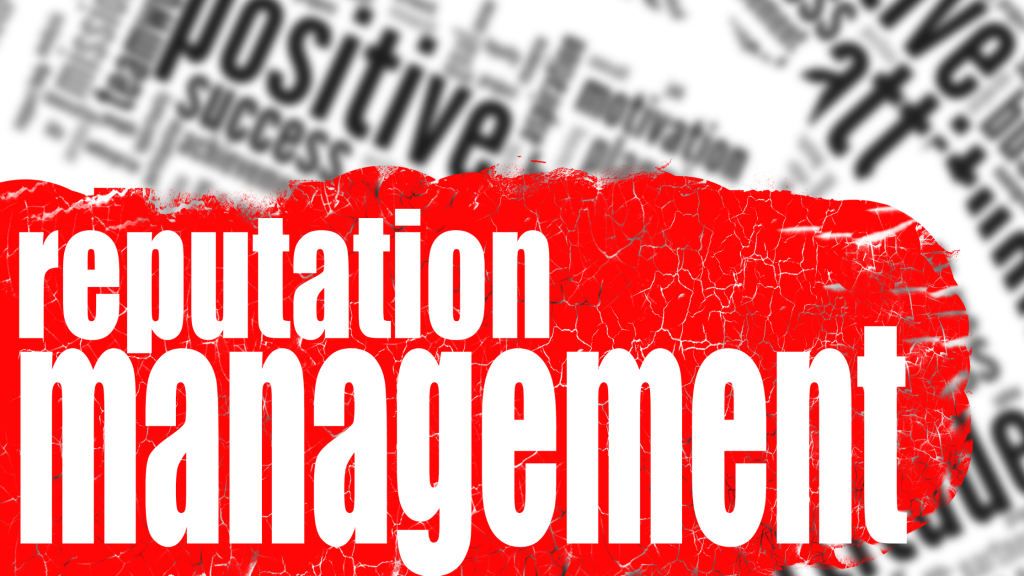Reputation Management: Handling Reviews and Feedback Like a Pro
In an age where online reviews can make or break a business, understanding how to manage your reputation is essential. It’s not just about responding to reviews; it’s about building a system that turns feedback into one of your greatest assets. Here’s a closer look at how to handle reviews and feedback with the finesse of a seasoned professional.
The Ripple Effect of Online Reviews
Online reviews are the digital word-of-mouth, critical for businesses in an era where consumers are increasingly reliant on the experiences of others to make purchasing decisions. The statistics are telling: a report from Qualtrics found that 93% of consumers say online reviews impact their buying decisions. This influence underscores the need for diligent reputation management.
Cultivating a Five-Star Reputation
The goal is clear: cultivate a reputation that speaks of quality and trust. This cultivation involves not just delivering exceptional products and services but also actively encouraging satisfied customers to share their experiences. Timing is everything—ask for reviews when the joy of purchase is still fresh, and the satisfaction high.
The Delicate Dance with Positive Reviews
Positive reviews are golden opportunities for engagement. Each one is a chance to reinforce a customer’s positive view of your brand and to invite further interaction. Personalized responses that resonate with the content of the review can help foster a deeper connection between your brand and your customers.
Navigating the Stormy Seas of Negative Reviews
Negative reviews are inevitable, but they don’t have to be fatal blows. Each negative review should be met with a swift, thoughtful, and measured response. It’s about more than damage control; it’s about turning a potentially negative experience into a positive one. This process can not only salvage a customer relationship but also display a commitment to excellence to prospective customers.
Mastering the Response
Every response you craft, whether to a glowing review or a scathing critique, is a public testament to your brand’s values. It’s essential to personalize your responses to reflect genuine interaction. Empathy, respect, and a willingness to resolve any issues are the hallmarks of an effective public response.
Monitoring: The Watchtower of Reputation Management
Keeping a watchful eye on what’s being said about your brand across the web is vital. Employ a variety of tools to monitor mentions, track reviews, and analyze sentiment. This vigilance allows you to stay ahead of potential issues and to celebrate and amplify positive sentiment.
From Feedback to Roadmap
Every piece of feedback is a potential roadmap to improvement. It’s crucial to have systems in place that channel feedback directly into your quality assurance and product development processes. This feedback loop ensures that your business evolves in alignment with your customers’ needs and expectations.
Training Your Team for Consistency
A consistent voice in responses is vital, and this comes down to training. Equip your team with the skills and guidelines they need to handle feedback effectively. Role-playing exercises, response templates, and clear communication protocols can all help maintain a consistent, professional tone.
Legal Navigation in the Review Landscape
Sometimes, feedback can venture into the territory of defamation or false statements. It’s essential to understand the legalities involved in managing your online reputation. Have a clear action plan for such situations that protects your brand’s integrity without infringing on free speech.
Using Reviews in Marketing and Brand Storytelling
Positive reviews are marketing gold. They can be used as testimonials on your website, in social media campaigns, and in promotional materials. Showcasing real customer experiences can add authenticity to your marketing efforts and help build your brand story.
Adapting to the Evolving Nature of Online Feedback
The digital world is not static, and neither is the nature of online feedback. Stay adaptable, and be ready to evolve your strategies as new platforms emerge and consumer behavior changes. Embrace innovations in social media, and be prepared to meet your customers where they are.
Conclusion: A Proactive Approach to Reputation Management
Effective reputation management is a proactive and ongoing process. It’s about setting a high standard for your products and services, actively engaging with customers, and using their feedback to drive continuous improvement. By handling reviews and feedback with professionalism and a forward-thinking approach, you can turn your reputation into one of your most powerful marketing tools.

